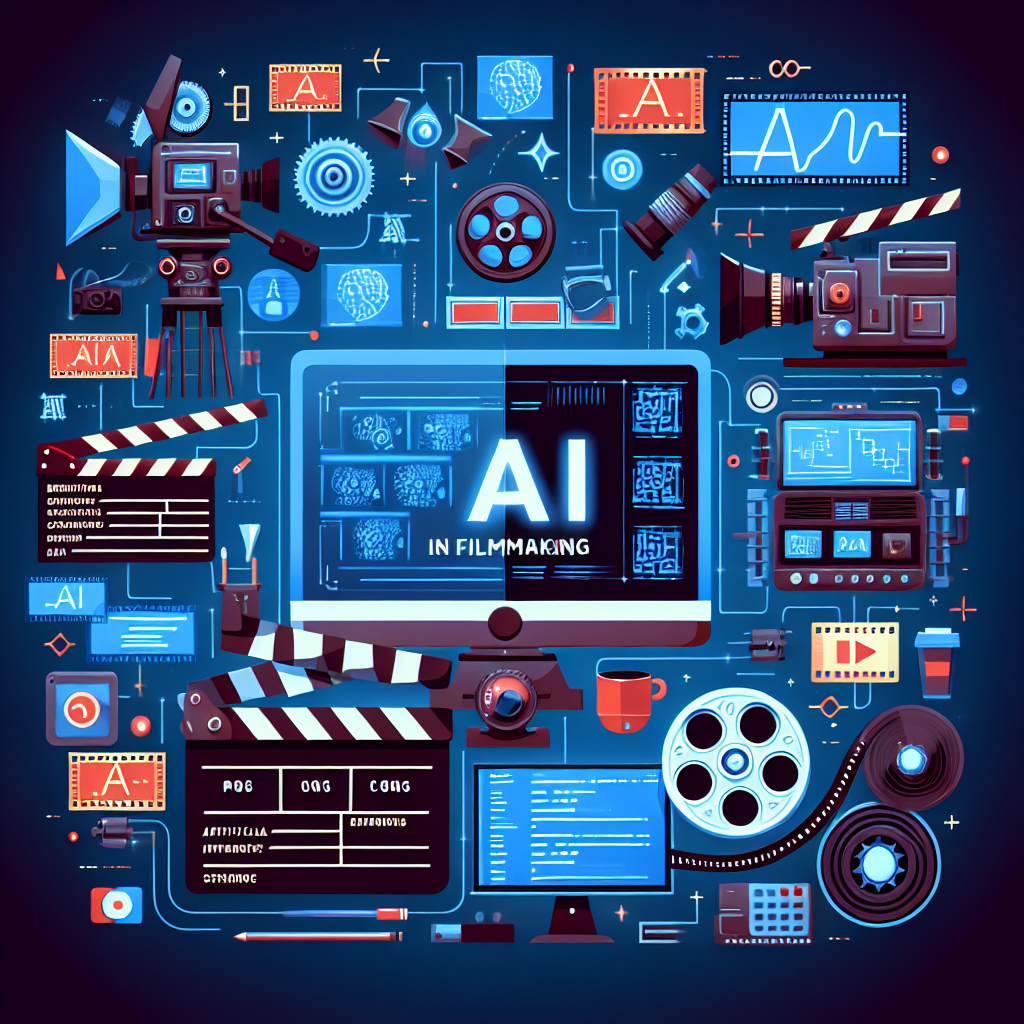The emergence of artificial intelligence (AI) has transformed numerous sectors, with video production being one of them. Automated video creation tools are becoming invaluable assets for filmmakers, marketers, and content creators. While AI can optimize processes, boost creativity, and lower costs, it also brings ethical dilemmas and challenges the traditional filmmaking landscape. This article delves into the various advantages and disadvantages of utilizing AI in the director’s chair.
Advantages of Automated Video Creation
1. Cost Efficiency
A key benefit of AI-driven video creation is its cost efficiency. Traditional video production typically requires a sizable team, extensive equipment, and significant time commitments. AI tools help lower these expenses by automating tasks like editing, scripting, and even visuals, enabling creators to prioritize storytelling over logistics.
2. Speed and Scalability
Automated video production can significantly accelerate production timelines. AI algorithms can evaluate footage, propose edits, and even produce complete videos much faster than a human editor could. This ability is especially advantageous for businesses and content creators needing to generate video content rapidly and at scale, such as for social media marketing campaigns.
3. Enhanced Creativity
AI tools can stimulate creativity by offering insights and recommendations backed by data analytics. For example, AI can assess audience preferences and trends, aiding creators in customizing their content. Additionally, AI-generated visuals and animations can introduce a unique flair that traditional methods might struggle to replicate.
4. Accessibility
AI in video production democratizes filmmaking, making it easier for non-professionals to create engaging videos. With user-friendly platforms, individuals without filmmaking expertise can still produce quality content. This empowerment encourages a broader array of voices and viewpoints in the digital realm.
Disadvantages of Automated Video Creation
1. Quality Concerns
Despite the speed of AI-generated videos, quality may sometimes fall short of human professional standards. Subtleties in storytelling, emotional resonance, and artistic expression may be absent in AI-produced content. This issue is especially pertinent in narrative filmmaking, where human emotion and creativity are crucial.
2. Ethical Dilemmas
The application of AI in video production raises ethical issues, particularly regarding originality and authenticity. Questions of copyright and intellectual property arise when AI tools create content based on existing works. Additionally, the risk of AI generating deepfakes or misleading videos creates serious ethical concerns that could erode trust in visual media.
3. Job Displacement
As AI grows more proficient in tasks conventionally done by humans, fears of job displacement in the creative industries increase. While AI can enhance the creative process, it may also jeopardize the livelihoods of professionals who depend on video production for their income.
4. Loss of Human Touch
Filmmaking merges art and craft. The emotional bond that human creators forge with their audience is challenging for AI to replicate. Over-rely on automated processes might result in content that lacks the emotional depth necessary to connect with viewers.
Conclusion
AI in the director’s chair offers a dual perspective. It introduces remarkable potential for cost reduction, efficiency, and creativity, making video production more accessible than ever. However, it also presents serious challenges surrounding quality, ethics, job security, and the vital human element in storytelling.
As we advance, the focus will likely be on achieving a harmonious blend—leveraging AI technology to complement rather than substitute human creativity. This approach can help ensure that the art of filmmaking continues to flourish in an increasingly automated environment.

